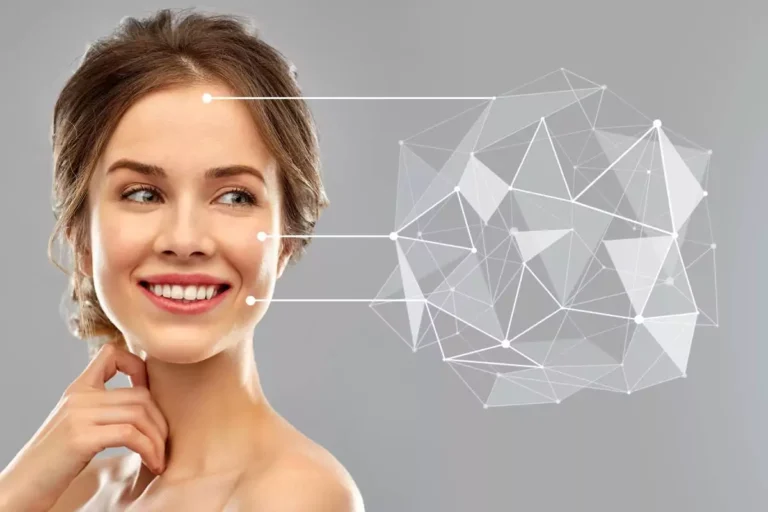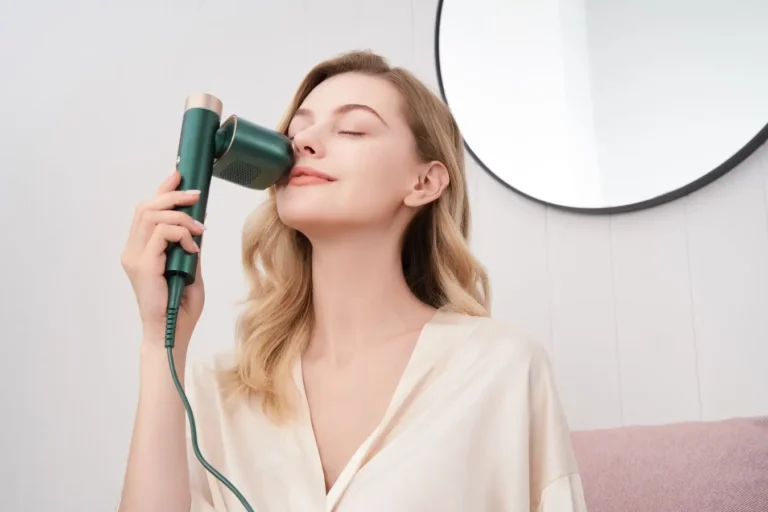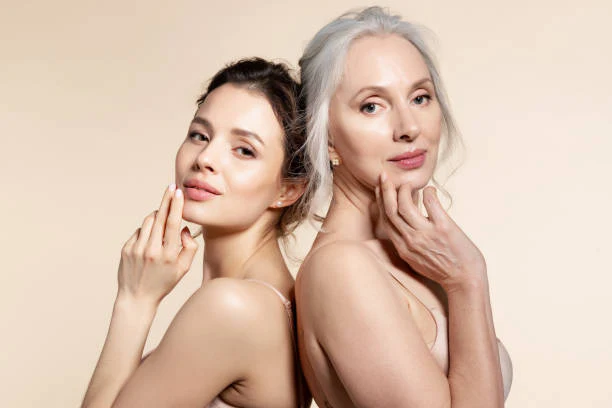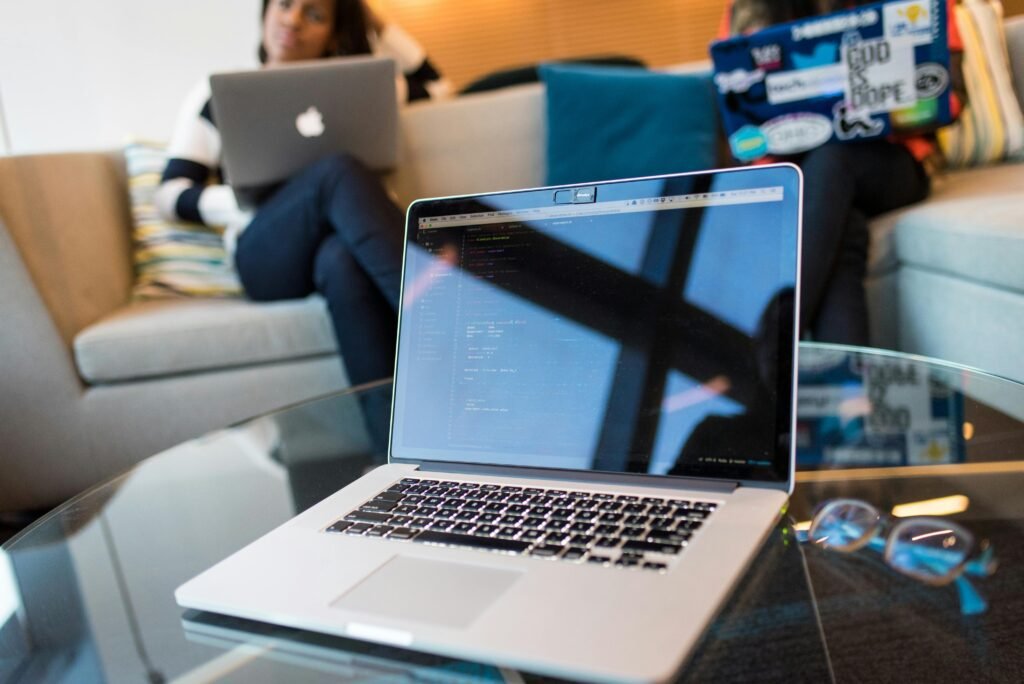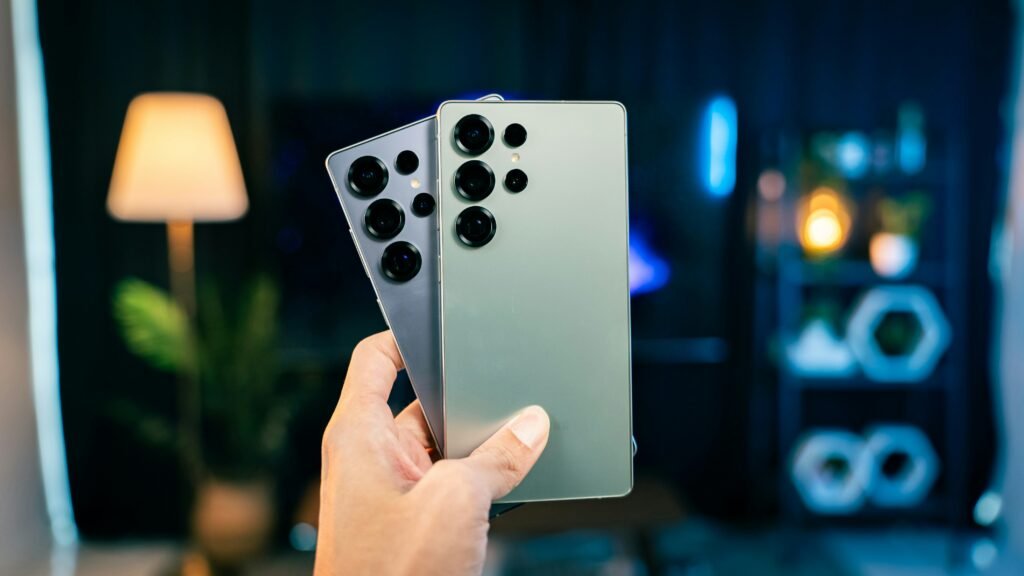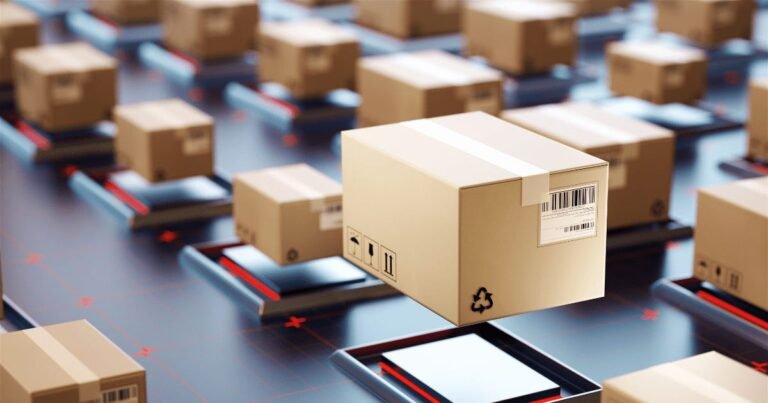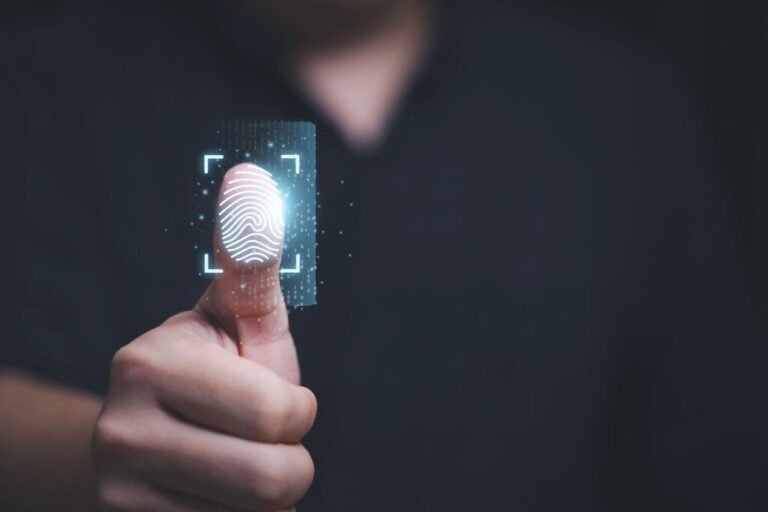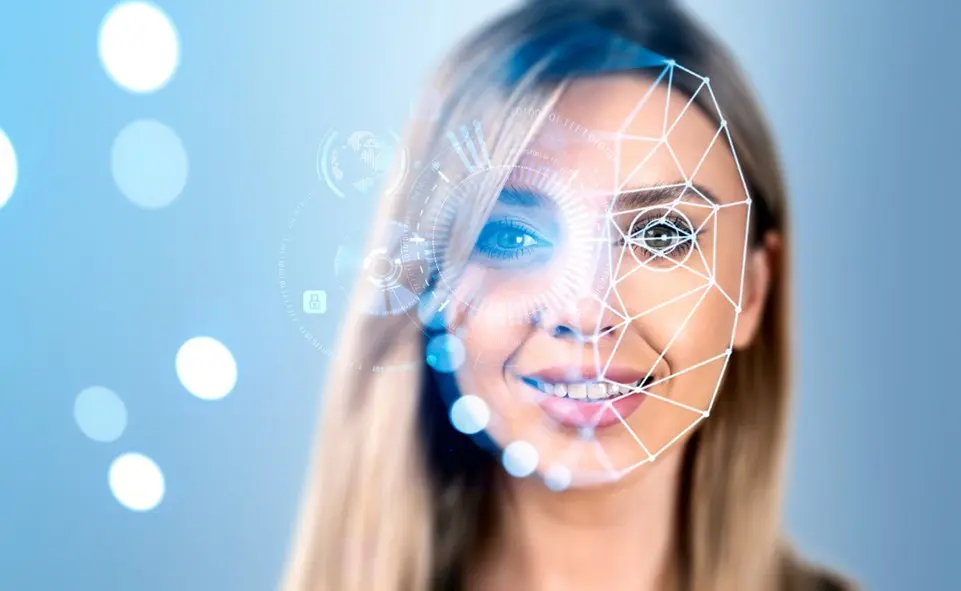
Beauty brands are increasingly turning to advanced technologies in product development and marketing strategies, providing consumers with hyper-tailor-made items that seem custom-made just for them. This trend provides them with products they feel were made just for them. Consumers today demand sustainability from beauty brands, wanting assurances that their cosmetics are produced ethically and sustainably. One way AI can help beauty brands demonstrate this commitment to sustainable practices is through predictive demand forecasting, reduced overproduction, and increased supply chain transparency.
1. 3D-Printed Makeup
Imagine a mini printer using pigments and skincare ingredients to apply makeup directly onto your skin using 3D printing technology—that is exactly what 3D printing technology brings to the beauty industry! This technology is excellent for sustainability, eliminating excess product production and packaging waste while offering on-demand production, cutting costs for manufacturers and retailers alike.
At the same time, beauty brands can utilize this technology to tailor formulas specifically to user needs—an integral component of inclusivity, as users are able to select shades that perfectly complement their complexions.
2. Smart Mirrors
At 2024’s Consumer Electronics Show (CES), beauty technology was an eye-opener. From an advanced lip tool to an impressive nail salon that employs complex robotics to paint nails flawlessly, these innovative products are taking skincare into the future.
Smart mirrors equipped with AI can quickly assess your complexion and detect dark spots, redness, pores, and fine lines in real time, as well as recommend products tailored specifically for you based on this analysis. These mirrors may also feature video and photo capture features to enable consumers to record, share, and review their try-on sessions with others—and gain valuable marketing insights as a result of these interactions with beauty brands.
3. Metaverse Technology
From smart lipstick that adapts to one’s skin tone to foundation shade-matching systems, beauty technology innovations are revolutionizing the industry and expanding beyond facial masks and one-size-fits-all shampoos. This trend will only gain steam as consumers demand innovative solutions tailored to meet their individual needs.
Generative AI is at the core of this trend, as companies utilize it to provide hyper-personalized skincare analysis and virtual makeup try-ons. Coupled with blockchain technology, this could also enable customized product production with less waste by eliminating large production runs altogether and offering consumers visibility into the ingredients and manufacturing processes of their products.
4. Virtual Try-ons
Virtual try-ons provide consumers with a way to virtually try on products before making a purchase online, which is especially useful when it comes to makeup, which may differ between skin tones and color variances.
Beauty brands that strive to offer hyper-personalized experiences for their customers are increasingly adopting this trend. For instance, skincare brand Deinde has introduced an ingredient analyzer that gives customers more information on the ingredients in their products as well as what effect they will have on their skin—giving consumers confidence in making decisions for beauty and self-care that make sense for them.
5. Artificial Intelligence (AI)
AI innovation has transformed the beauty industry, helping companies provide tailored skin simulations and improving consumer experiences. Generative AI allows companies to offer customized simulations through tools like generative AI. This technology helps brands develop products more efficiently, minimizing overproduction and waste, while meeting consumers’ rising expectations for transparency by providing details on product ingredients and sources.
AI can also accurately anticipate the effects of certain ingredients on specific skin conditions and tailor their formulations accordingly. For instance, AI could add more hydrating ingredients during dry winter seasons or incorporate additional protection components when living in highly polluted environments.
6. Personalized Solutions
Beauty tech is helping brands develop hyper-customized solutions for their consumers’ needs, such as virtual try-ons. Customers can try on makeup and skincare products before making the final purchase decision, helping reduce waste while giving brands valuable customer data.
Smart beauty devices bring salon-grade treatments right into the home. You can use a smart mirror to customize your makeup and skincare regimen or a device combining robotics and artificial intelligence for an at-home manicure service. AI technology enables brands to analyze consumer data and develop unique formulations. This is especially helpful for skincare products, as AI can identify ingredients that work well for specific skin types or conditions.
7. Smart Devices
In a digitized world, beauty tools that work with customers’ smartphones are becoming more prevalent. These devices can scan skin to detect issues like hydration levels or fine lines and offer customized skincare solutions. Some can help you achieve a healthier, more youthful-looking complexion by stimulating collagen and elastin production—these devices allow you to monitor and track your progress over time, offering a personalized approach to skincare.
Ingredient analyzers help eliminate any guesswork about what ingredients are present in your products and their effectiveness. For instance, Deinde discovered that an ingredient found in citrus peels called naringenin significantly reduced inflammation and signs of aging in skin samples they tested.
8. Augmented Reality (AR)
Augmented reality (AR) allows brands to enhance customer experiences with virtual makeup, hair color simulations, and skincare products that overlay virtually on real-world images for an engaging try-before-you-buy experience. Furthermore, AR allows for customized product recommendations based on skin condition analysis, creating a dynamic try-before-you-buy experience and more personalized customer relationships.
The use of artificial intelligence (AI) to provide hyper-individualized beauty experiences is having a dramatic impact on the cosmetic industry. Perfect Corp.’s facial analysis tools enable users to experiment with lipstick and foundation colors while simultaneously assessing skin health issues and even anticipating future breakouts. AR can also help teach consumers how to use beauty products by providing interactive tutorials with unlimited replay options—improving engagement and strengthening brand loyalty.
9. Virtual Consultations
Virtual consultations, also known as teledermatology, have become more and more prevalent. These tools enable clients to upload an image of their skin issue via an app and then get advice or a diagnosis from a skincare specialist via facial recognition technology. Some even go further by customizing skincare plans according to client specifics.
To ensure a successful virtual consultation, be sure that any photo provided is clear and lit naturally. Also important for success is testing both the internet connection and the camera before your call, as any issues could delay or cancel it altogether.
